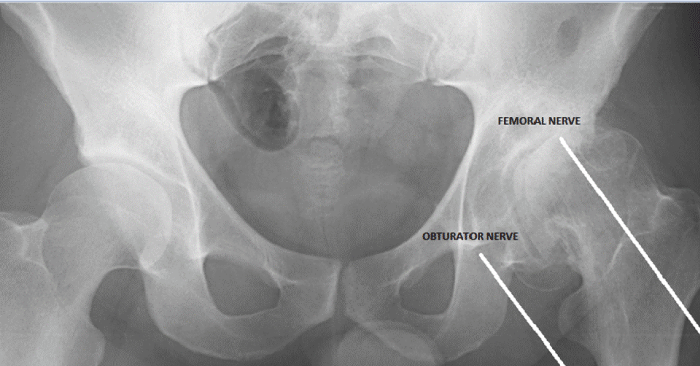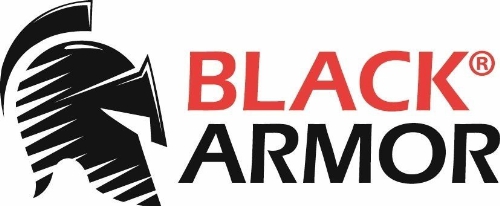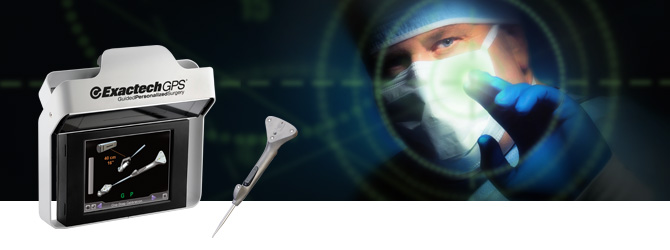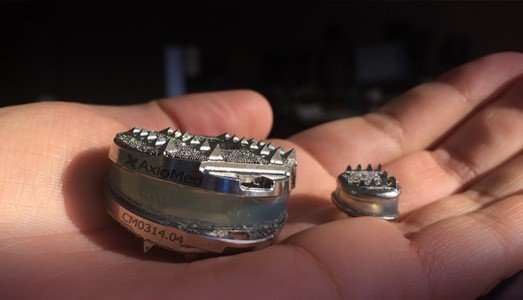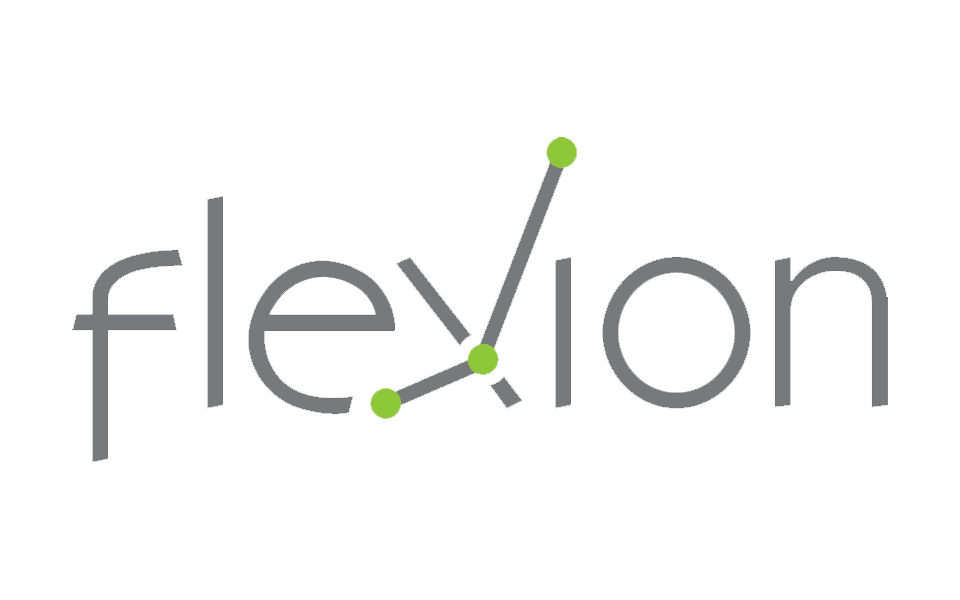A major U.S. hospital chain, Tenet Healthcare Corporation, and two of its Atlanta-area subsidiaries will pay over $513 million to resolve criminal charges and civil claims relating to a scheme to defraud the United States and to pay kickbacks in exchange for patient referrals.
Principal Deputy Assistant Attorney General David Bitkower of the Justice Department’s Criminal Division; U.S. Attorney John Horn of the Northern District of Georgia; Principal Deputy Assistant Attorney General Benjamin C. Mizer, head of the Justice Department’s Civil Division; U.S. Attorney G.F. Peterman III of the Middle District of Georgia; Georgia Attorney General Samuel S. Olens; Acting Special Agent in Charge George Crouch of the FBI’s Atlanta Field Office; and Special Agent in Charge Derrick L. Jackson of the U.S. Department of Health and Human Services-Office of Inspector General (HHS-OIG) in Atlanta made the announcement.
In addition, two Tenet subsidiaries, Atlanta Medical Center Inc. and North Fulton Medical Center Inc., have agreed to plead guilty to conspiracy to defraud the United States and to pay health care kickbacks and bribes in violation of the Anti-Kickback Statute (AKS). The plea agreements remain subject to acceptance by the court. Up until April 2016, Atlanta Medical Center Inc. and North Fulton Medical Center Inc. owned and operated acute-care hospitals located in the greater Atlanta metropolitan area.
Atlanta Medical Center Inc. and North Fulton Medical Center Inc. were charged in a criminal information filed today in federal court in Atlanta with conspiracy to defraud the United States by obstructing the lawful government functions of HHS and to violate the AKS, which, among other things, prohibits payments to induce the referral of patients for services paid for by federal health care programs. The two Tenet subsidiaries have agreed to plead guilty to the charges alleged in the criminal information and will forfeit over $145 million to the United States – which represents the amount paid to Atlanta Medical Center Inc. and North Fulton Medical Center Inc. by the Medicare and Georgia Medicaid programs for services provided to patients referred as part of the scheme.
Tenet HealthSystem Medical Inc. and its subsidiaries (collectively THSM) entered into a non-prosecution agreement (NPA) with the Criminal Division’s Fraud Section and the U.S. Attorney’s Office of the Northern District of Georgia related to the charges in the criminal information. THSM is the parent company of Atlanta Medical Center Inc., North Fulton Medical Center Inc., Spalding Regional Medical Center Inc. and Hilton Head Hospital, and employed their executives. THSM is a subsidiary of Tenet Healthcare Corporation. Under the terms of the NPA, THSM and Tenet will avoid prosecution if they, among other requirements, cooperate with the government’s ongoing investigation and enhance their compliance and ethics program and internal controls. Tenet has also agreed to retain an independent compliance monitor to address and reduce the risk of any recurrence of violations of the AKS by any entity owned in whole, or in part, by Tenet. The term of THSM’s and Tenet’s obligations under the NPA is three years, but the NPA may be extended for up to one year.
In the civil settlement, Tenet agreed to pay $368 million to the federal government, the state of Georgia and the state of South Carolina to resolve claims asserted in United States ex rel. Williams v. Health Mgmt. Assocs., Tenet Healthcare, et al., a lawsuit filed by Ralph D. Williams, a Georgia resident, in the Middle District of Georgia, under the federal and Georgia False Claims Acts. The acts permit whistleblowers to file suit for false claims against the government entities and to share in any recovery. The federal share of the civil settlement is $244,227,535.30, the state of Georgia will recover $122,880,339.70 and the state of South Carolina will recover $892,125. Mr. Williams’ share of the combined civil settlement amount is approximately $84.43 million.
“When pregnant women seek medical advice, they deserve to receive care untainted by bribes and illegal kickbacks,” said Principal Deputy Assistant Attorney General Bitkower. “The Tenet case is the first brought through the assistance of the Criminal Division’s corporate health care fraud strike force. This is one of more than a dozen active corporate investigations by the strike force, and we are committed to following evidence of health care fraud wherever it leads – whether it be individual physicians, pharmacy owners or corporate boardrooms.”
“Our Medicaid system is premised on a patient’s ability to make an informed choice about where to seek care without undue interference from those seeking to make a profit,” said U.S. Attorney Horn. “Tenet cheated the Medicaid system by paying bribes and kickbacks to a pre-natal clinic to unlawfully refer over 20,000 Medicaid patients to the hospitals. In so doing, they exploited some of the most vulnerable members of our community and took advantage of a payment system designed to ensure that underprivileged patients have choices in receiving care.”
“The Department of Justice continues to devote enormous resources to exposing and pursuing alleged misconduct of improper financial relationships between hospitals and referral sources,” said Principal Deputy Assistant Attorney General Mizer. “Such relationships exploit vulnerable populations and threaten to drive up the cost of healthcare for everyone. In addition to yielding a substantial recovery for taxpayers, this settlement reflects the department’s lack of tolerance for these types of abusive arrangements, and the negative effects they can have on our health care system.”
“The global resolution of this complex and sophisticated fraud scheme exemplifies what can be accomplished through the cooperation of federal and state investigative and prosecutorial authorities,” said U.S. Attorney Peterman. “I am particularly proud of the civil attorneys in the U.S. Attorney’s Office for the Middle District of Georgia, working hand in hand with investigators of the U.S. Department of Health and Human Services and attorneys in the Civil Division and the Medicaid Fraud Control Unit of the Office of the Attorney General of Georgia, whose combined efforts greatly contributed to this outstanding result on behalf of the American taxpayers.”
“Tenet took advantage of vulnerable pregnant women in clear violation of the law by paying kickbacks in order to bring their referrals to Tenet hospitals,” said Georgia Attorney General Olens. “Through this scheme, Tenet defrauded the Georgia Medicaid program, and reaped hundreds of millions of dollars. This is an unprecedented settlement for the state of Georgia, and reflects my office’s commitment to protecting Georgia taxpayers by uncovering Medicaid fraud and abuse.”
“The FBI continues to play a significant role in ensuring that federal laws related to the healthcare industry, to include the federally funded Medicare and Medicaid programs, are enforced,” said Acting Special Agent in Charge Crouch. “The settlement agreements announced today involving Tenet Healthcare Corporation, as well as related guilty pleas by two of its Atlanta-based hospitals, Atlanta Medical Center Inc., and North Fulton Medical Center Inc., are a clear example of those efforts. In addition, the FBI’s Major Provider Response Team (MPRT) assisted the Atlanta Field Office in the civil and criminal investigation of Tenet. The MPRT was created in 2011 in response to numerous healthcare related corporate-level schemes resulting in billions in losses to healthcare plans. The FBI, along with its MPRT, will continue to aggressively address the threat of large-scale corporate healthcare schemes significantly impacting both private and government healthcare benefit plans.”
“OIG continues to emphasize investigation of improper financial relationships between health care providers,” said Special Agent in Charge Jackson. “Using their positions of trust, health providers – after receiving payments from Tenet – sent expectant women specifically to Tenet hospitals. Patients were often directed to Tenet facilities miles and miles from their homes and on their journeys passed other hospitals that could have provided needed care. These women were thereby placed at increased risk during one of the most vulnerable points in their lives. HHS-OIG will continue to protect patients by exposing such illegal arrangements.”
As alleged in the criminal information as well as civil complaints filed by the department and the state of Georgia in 2014 and 2013, Atlanta Medical Center Inc., North Fulton Medical Center Inc., Spalding Regional Medical Center Inc. and Hilton Head Hospital paid bribes and kickbacks to the owners and operators of prenatal care clinics serving primarily undocumented Hispanic women in return for the referral of those patients for labor and delivery medical services at Tenet hospitals. These kickbacks and bribes allegedly helped Tenet obtain more than $145 million in Medicaid and Medicare funds based on the resulting patient referrals.
According to the criminal information, as part of the scheme, expectant mothers were in some cases told at the prenatal care clinics that Medicaid would cover the costs associated with their childbirth and the care of their newborn only if they delivered at one of the Tenet hospitals, and in other cases were simply told that they were required to deliver at one of the Tenet hospitals, leaving them with the false belief that they could not select the hospital of their choice. The criminal information alleges that as a result of these false and misleading statements and representations, many expectant mothers traveled long distances from their homes to deliver at the Tenet hospitals, placing their health and safety, and that of their newborn babies, at risk.
The criminal information also charges Atlanta Medical Center Inc. and North Fulton Medical Center Inc. with conspiring to defraud HHS in its administration and oversight of the Medicare and Medicaid Programs, including HHS-OIG’s enforcement of Tenet’s September 2006 corporate integrity agreement (the CIA). The criminal information and the civil complaint allege that many of the unlawful payments happened while Tenet was under the CIA. The criminal information further alleges that certain executives of Atlanta Medical Center Inc., North Fulton Medical Center Inc. and others concealed these unlawful payments from HHS-OIG during the pendency of the CIA by, among other things, falsely certifying compliance with the requirements of the CIA and failing to disclose reportable events relating to the unlawful relationship under the CIA.
* * *
Deputy Chief Joseph S. Beemsterboer, Assistant Chief Robert A. Zink and Trial Attorneys Sally B. Molloy, Antonio M. Pozos and A. Brendan Stewart of the Criminal Division’s Fraud Section and Chief Randy S. Chartash and Deputy Chief Stephen McClain of the Northern District of Georgia’s Economic Crime Section represented the government in the criminal prosecution. The U.S. Attorney’s Office of the Middle District of Georgia and the Civil Division’s Commercial Litigation Branch represented the federal government in the civil case. The HHS Office of Counsel to the Inspector General, the FBI and the Georgia and South Carolina Medicaid Fraud Control Units provided assistance in this matter.
The FBI’s Atlanta Field Office, HHS-OIG and the FBI Healthcare Fraud Unit MPRT investigated the case.
This settlement illustrates the government’s emphasis on combating health care fraud and marks another achievement for the Health Care Fraud Prevention and Enforcement Action Team (HEAT) initiative, which was announced in May 2009 by the Attorney General and the Secretary of HHS. The partnership between the two departments has focused efforts to reduce and prevent Medicare and Medicaid financial fraud through enhanced cooperation. One of the most powerful tools in this effort is the False Claims Act. Since January 2009, the Justice Department has recovered a total of more than $30.9 billion through False Claims Act cases, with more than $18.6 billion of that amount recovered in cases involving fraud against federal health care programs.
If you believe you are a victim of this offense, please visit this website or call (888) 549-3945.
